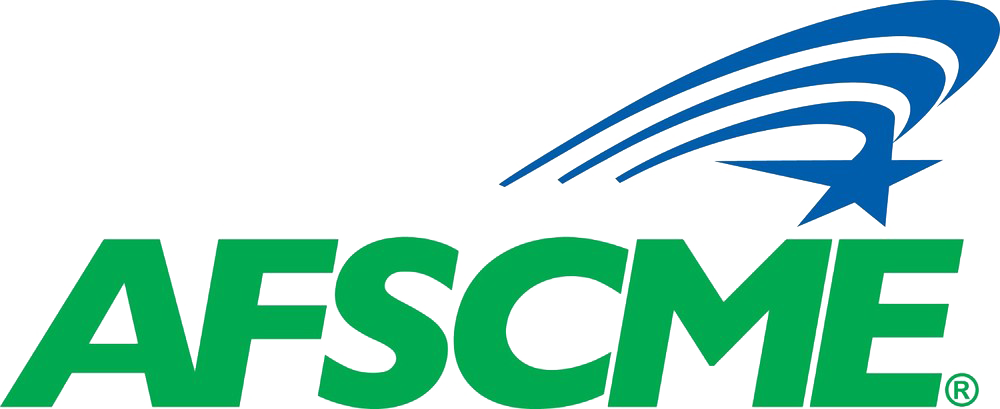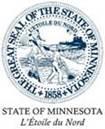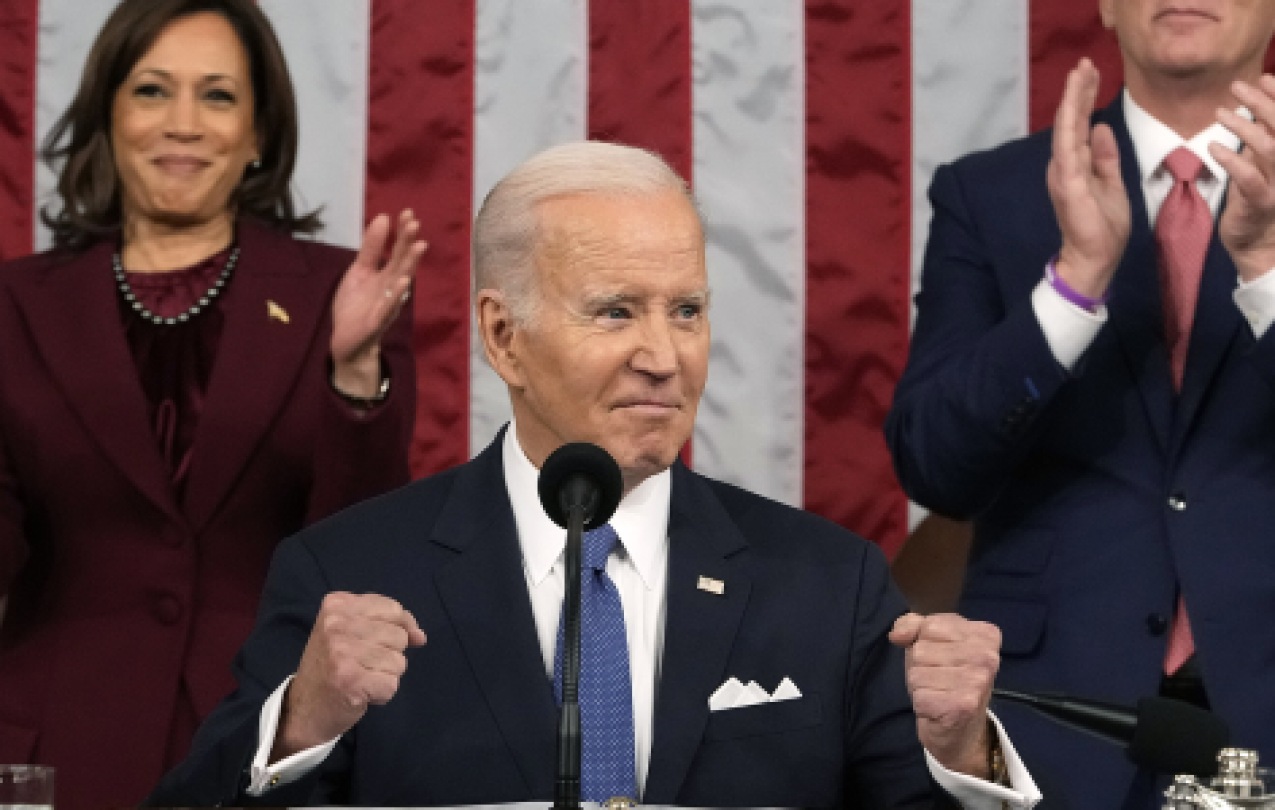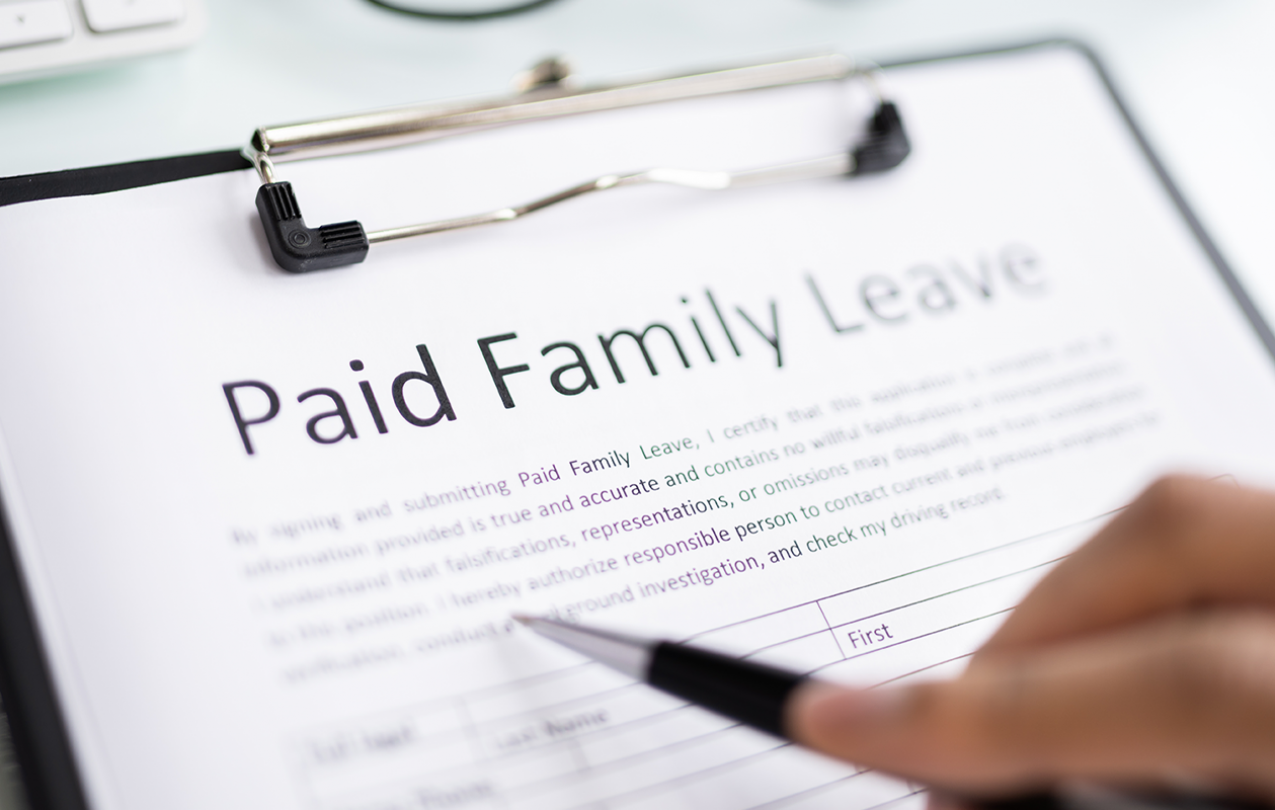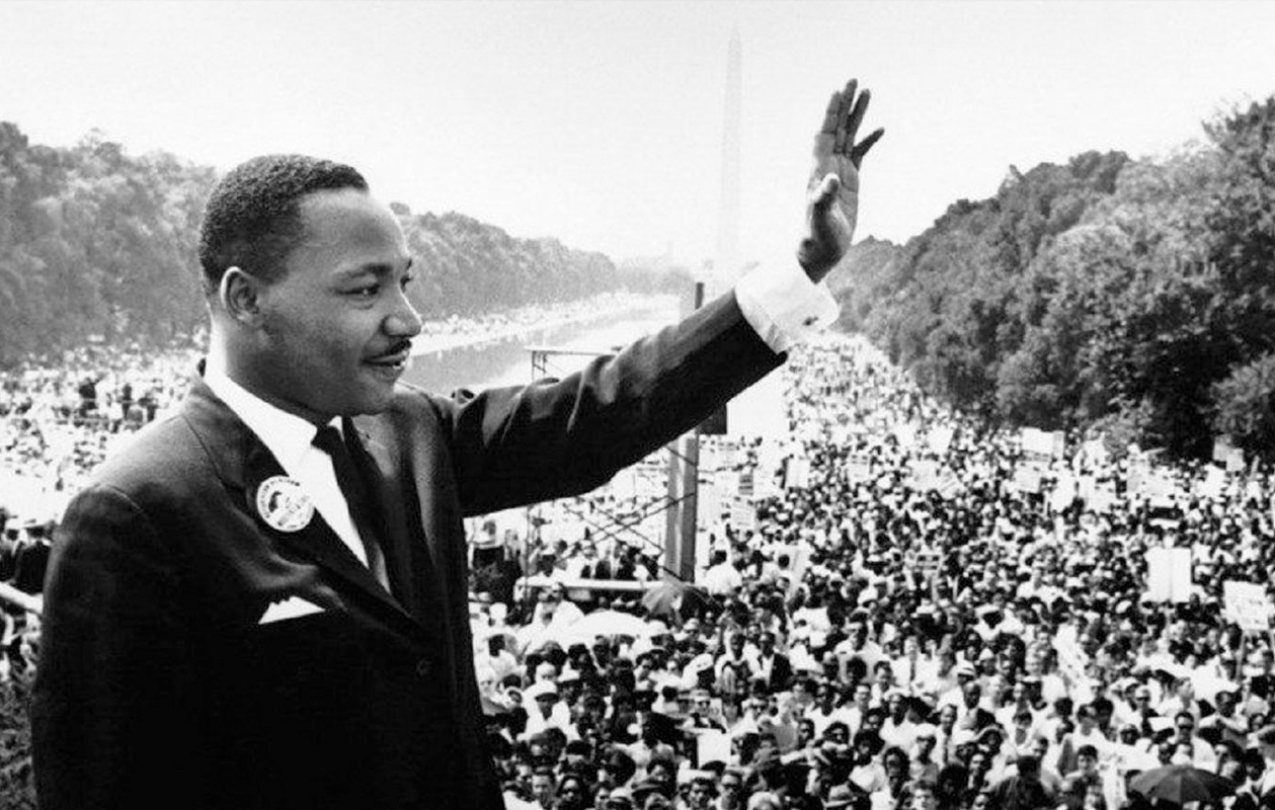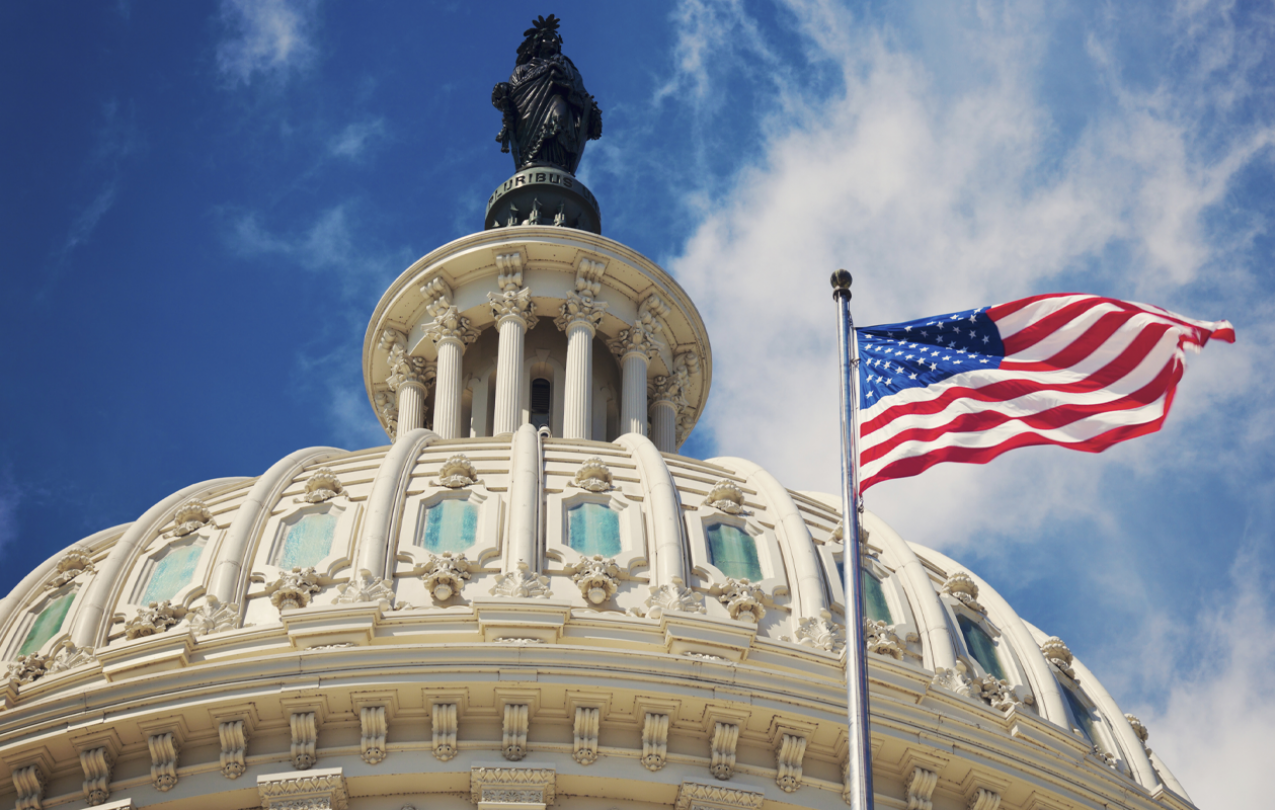From: Dayton Media <[email protected]>
Date: June 27, 2018 at 9:51:12 AM CDT
To: Dayton Media <[email protected]>
Subject: RELEASE: Statement from Governor Dayton on the US Supreme Court’s Ruling in Janus v. AFSCME
Date: June 27, 2018 at 9:51:12 AM CDT
To: Dayton Media <[email protected]>
Subject: RELEASE: Statement from Governor Dayton on the US Supreme Court’s Ruling in Janus v. AFSCME
OFFICE OF GOVERNOR MARK DAYTON
FOR IMMEDIATE RELEASE
June 27, 2018
Contact: Matt Swenson
651-201-3441 office
[email protected]
651-201-3441 office
[email protected]
Statement from Governor Dayton on the US Supreme Court’s Ruling in Janus v. AFSCME
ST. PAUL, MN – Today, Governor Mark Dayton issued the following statement regarding the United States Supreme Court’s decision in Janus v. AFSCME.
“The US Supreme Court’s decision today in the case of Janus v. AFSCME is appalling. Its determination that fair share union fees somehow violate the US Constitution is just the kind of terrible ‘Judicial Activism,’ which some Justices profess to deplore.
"The benefits provided by a union to employees who elect not to join it are enormous. They receive the same better wages, safer working conditions, and stronger job protections as do union members. It is only fair that they should share in paying for the benefits that they receive."
###
Office of Governor Mark Dayton, Communications Department
130 State Capitol, 75 Rev. Dr. Martin Luther King Jr. Blvd., St. Paul, MN 55155
T: 651-201-3400 | [email protected]
130 State Capitol, 75 Rev. Dr. Martin Luther King Jr. Blvd., St. Paul, MN 55155
T: 651-201-3400 | [email protected]
